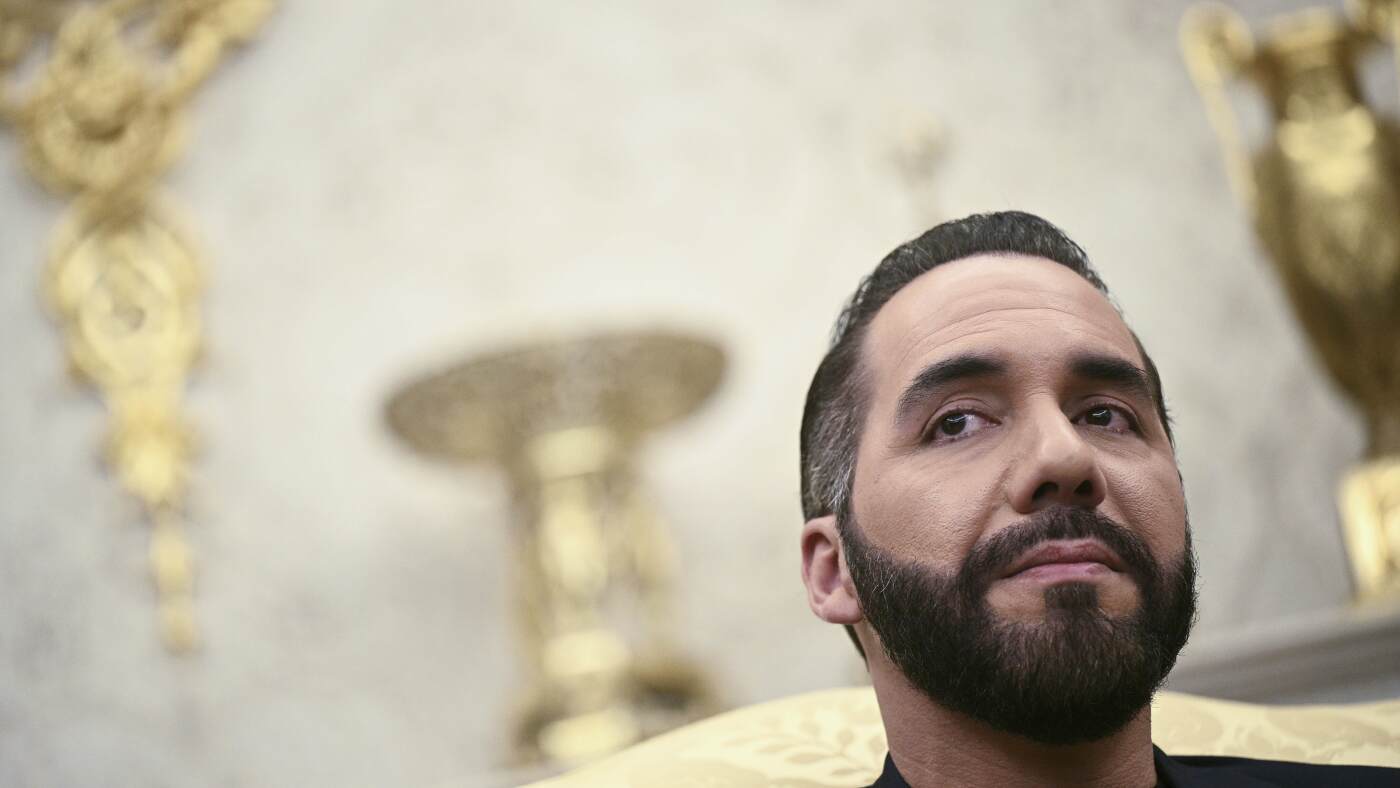The Bukele Administration: A Study in Authoritarian Tendencies
Introduction: A Controversial Presidency
Nayib Bukele’s presidency in El Salvador has been marked by bold moves, populist rhetoric, and an increasingly authoritarian style of governance. His recent decision to arrest five bus company executives for refusing to comply with a government-mandated free transport policy is just the latest in a series of actions that have drawn international scrutiny. While some hail him as a strong leader tackling corruption and crime, others warn of a dangerous erosion of democratic norms. This analysis explores the implications of Bukele’s governance, examining his methods, their consequences, and what they mean for El Salvador’s future.
The Free Transport Mandate and Its Fallout
A Well-Intentioned but Heavy-Handed Move
Bukele’s announcement of free bus fares for a week—ostensibly to ease public inconvenience during highway construction—was initially framed as a pro-people measure. However, when several bus company owners resisted, citing financial losses, the president took to social media to demand their arrests, accusing them of “sabotaging the country.” This immediate escalation from policy disagreement to criminalization of dissent is emblematic of Bukele’s governance style.
The Legal and Ethical Questions
The arrests raise serious concerns about due process. Were the bus executives given a chance to negotiate or challenge the policy in court? Or was their detention a political move to assert dominance? The lack of transparency suggests the latter, reinforcing fears that Bukele views opposition as an obstacle to be removed rather than a legitimate part of democratic discourse.
A Pattern of Authoritarian Governance
Mass Arrests and the “War on Gangs”
Bukele’s most notable policy, the “state of exception” suspending civil liberties to combat gang violence, has led to over 36,000 arrests. While initially popular, reports of arbitrary detentions, torture, and deaths in custody have tarnished its image. The bus company arrests fit this pattern: swift, aggressive action with little regard for legal safeguards.
Centralizing Power
From pressuring legislators to replace judges loyal to his agenda to dismissing constitutional checks, Bukele has systematically concentrated power. His use of social media to issue directives—bypassing official channels—further erodes institutional accountability. Governance by tweet is efficient for a leader but dangerous for democracy.
The Role of Social Media in Bukele’s Rule
Direct Communication, Diminished Oversight
Bukele’s adept use of platforms like Twitter allows him to rally public support while sidelining traditional media and opposition voices. When he ordered the arrests online, it wasn’t just a statement—it was a performance of power, signaling that he answers to no one but himself (and his followers).
The Danger of Governing in the Digital Age
While digital populism isn’t unique to Bukele, his approach sets a troubling precedent. If leaders can jail critics with a tweet, where does accountability lie? The blurring of official and informal channels weakens institutions, making governance more personalistic and less predictable.
Human Rights and Civil Liberties Under Threat
A Climate of Fear
The mass arrests under the anti-gang campaign have created widespread fear. Families report loved ones detained without evidence; prisoners face overcrowded jails and abuse. The bus executives’ arrests extend this repression beyond gang suspects to business leaders, suggesting no one is immune.
Silencing Dissent
Journalists, activists, and now entrepreneurs face retaliation for challenging Bukele. By framing critics as “saboteurs,” he justifies suppression under the guise of national interest. This narrative stifles debate, leaving little room for alternative policies or accountability.
International Reactions: Tepid Criticism, Limited Action
Global Concerns Without Consequences
While human rights groups condemn Bukele’s actions, international governments have been cautious. The U.S., focused on migration deals, has avoided strong rebukes. Without economic or diplomatic pressure, Bukele faces few deterrents, emboldening his tactics.
The Need for Stronger Advocacy
El Salvador’s civil society needs global allies to document abuses and lobby for sanctions. Soft statements won’t curb authoritarianism; targeted measures against officials complicit in rights violations might.
The Future of Democracy in El Salvador
A Democratic Backslide in Motion
Bukele’s popularity, fueled by anti-crime successes, masks institutional decay. Each unchecked power grab—whether arresting judges or businessmen—normalizes authoritarianism. Over time, reversing this trend becomes harder.
Possible Scenarios
Conclusion: A Warning for Democracies Everywhere
Bukele’s El Salvador is a case study in how democracies unravel—not through coups, but through popular leaders chipping away at norms. His arrest of bus executives isn’t just about transport policy; it’s about who holds power and how they wield it.
The international community must recognize that silence enables authoritarianism. For Salvadorans, the stakes are even higher: their rights, their institutions, and their future hang in the balance. The lesson is clear—vigilance is the price of liberty, and without it, even the most charismatic leaders can become threats to the very systems they promise to fix.











